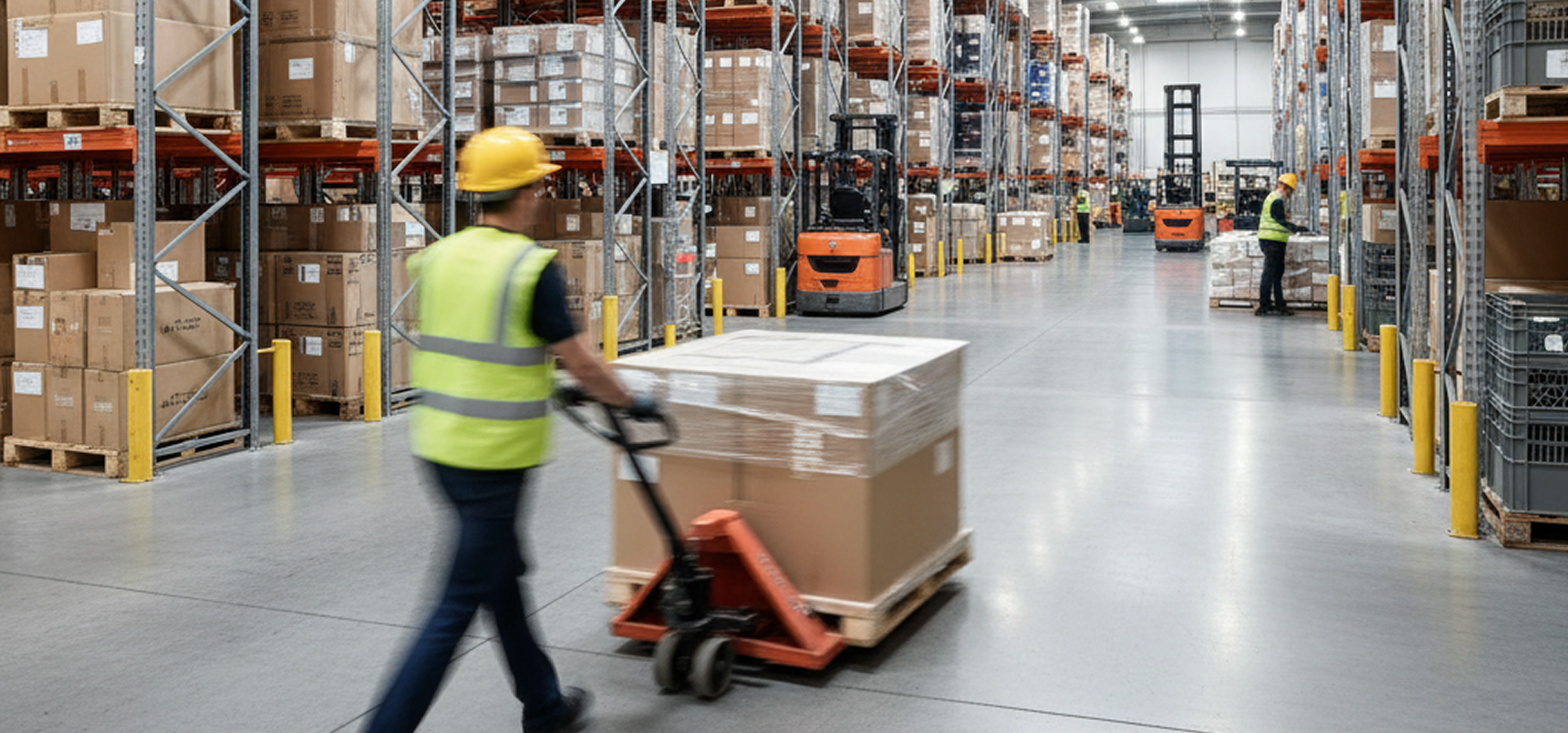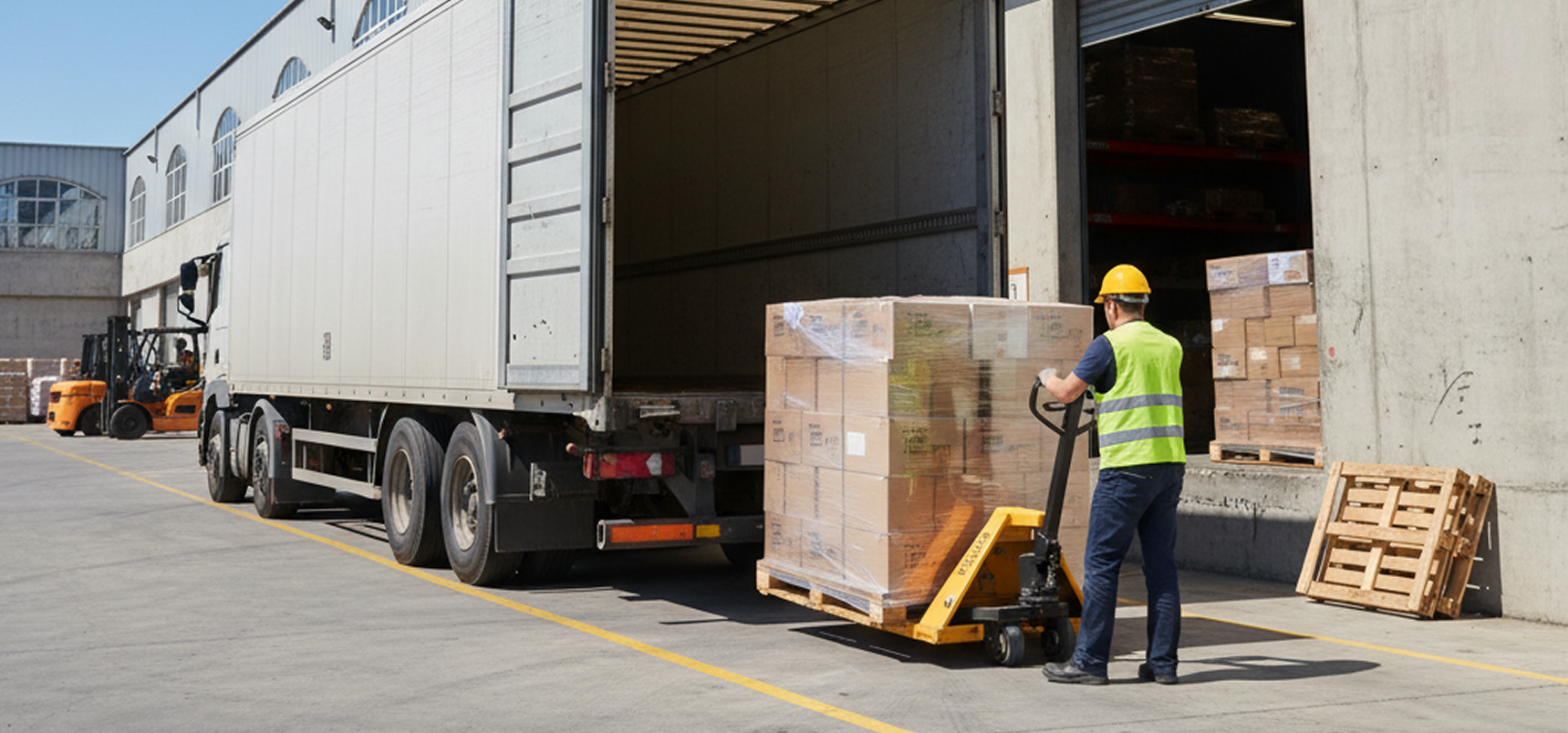Bangkok’s infrastructure features modern mass transit and innovative flood resilience projects, but faces ongoing challenges from rapid urbanization, flooding, and land subsidence.
Population
Area
Density
157,800
The projected net population growth in Bangkok for 2024 is 157,800.
69.6%
67% of the global population is of working age, though this share is projected to decline in many regions over coming decades.
Key industries include manufacturing, tourism, finance, and technology, with major corporations like PTT, Bangkok Bank, and Central Pattana playing significant roles.
Tertiary attainment among young adults aged 25-34 in OECD countries increased from 45% in 2019 to 48% in 2024.
Foreign Residents
The average income for foreign residents in Bangkok is about 0.54 million yen with 50% earning less.
Ethnic Composition
Foreign residents in Bangkok surpassed 300,000 in 2024, making up about 2.8% of the city population, with largest groups from Myanmar, Cambodia, Laos, China, and Japan.
Over 950,000 daily trips are made on Bangkok’s BTS and MRT rail systems, with millions commuting from suburban and residential districts into the city center for work.
Bangkok continues to attract residents from other regions with a net inflow of 157,800 people in the last year.
43K
The average annual income in Bangkok is about 2.9 million yen, though more than half earn less than this amount.

13.5%
Warehouse lease rates in Bangkok range from about ฿15,000 to ฿85,000 per month (฿94–฿499/SqM), with options spanning basic storage units to premium facilities with office space and direct BTS/MRT access.
Information about major warehouse districts not available.
Bangkok’s last-mile delivery infrastructure relies on a mix of small commercial vehicles, motorcycles, and emerging electric vehicles, facing challenges from traffic congestion and environmental concerns while adapting with digital technologies and micro-hub strategies.
Warehouse automation in Bangkok is rapidly advancing due to rising e-commerce demand and labor costs, with increasing adoption of robotics, IoT, and semi-automated systems to boost efficiency and accuracy.
Cold storage and specialty warehousing facilities in Bangkok offer temperature-controlled storage, distribution, and processing services for frozen, chilled, and specialty goods, utilizing advanced technology and automation to support food, pharmaceutical, and chemical logistics.

Key industries and economic sectors in Bangkok include tourism, finance, manufacturing (especially electronics, automotive, and petrochemicals), retail, healthcare, education, telecommunications, and digital services.
APX Solutions, DtD Door to Door Logistic, Asia Pallet Express Co., Ltd, Omni Logistics, Logistics Plus Supply Chain Solutions Co., Ltd, SHIPHYPE Fulfillment, Falcon International, DPX Logistics, MOL Logistics, NRS Logistics, LEO Global Logistics, Weiss Logistics (WICE), Pearl Logistics Co., Ltd, nanon (Thailand) Co., Ltd, PT Air Cargo, SEKO Logistics Thailand Co. Ltd.
Bangkok, as Thailand's main trade hub, handles significant import/export volumes with annual exports around $287 billion and imports about $301 billion, with key trading partners including China, the United States, Japan, Malaysia, and Australia.
Bangkok's supply chain resilience is challenged by climate-driven disruptions, resource scarcity, regulatory shifts, and limited SME capacity, making targeted support and adaptive strategies essential to mitigate risk and maintain continuity.
Bangkok has a strong local manufacturing base focused on electrical appliances, electronics, and automotive components, supported by hundreds of factories and advanced technical capabilities.
The main industry clusters in Bangkok are automotive, electronics, food and beverage manufacturing, textiles and garments, wholesale and retail trade, real estate, transport and communications, financial services, and tourism.
Bangkok’s key competitive advantages as a logistics/business hub are its strategic location at the heart of Southeast Asia, advanced infrastructure (major airports, seaports, and transport networks), strong regional trade integration, cost-effective operations, and robust government support for logistics and business development.
Detailed evaluation of Bangkok's infrastructure quality, investment projects, utility systems, and environmental considerations for strategic planning.
Bangkok’s infrastructure offers high urban capacity and modern transport but faces persistent challenges with project delays, construction quality, and transparency.
Bangkok’s planned infrastructure investments focus on high-speed railways, airport and seaport expansions, smart city initiatives, and digital infrastructure upgrades to boost connectivity, sustainability, and economic growth.
Bangkok’s utility infrastructure features reliable electricity and water supplied by state-owned authorities, widespread internet access, and ongoing upgrades to support smart grid and tech hub initiatives.
Key environmental factors affecting logistics in Bangkok include high carbon emissions from fossil fuel-dependent transport, air and water pollution, inefficient supply chains, and limited adoption of green technologies.